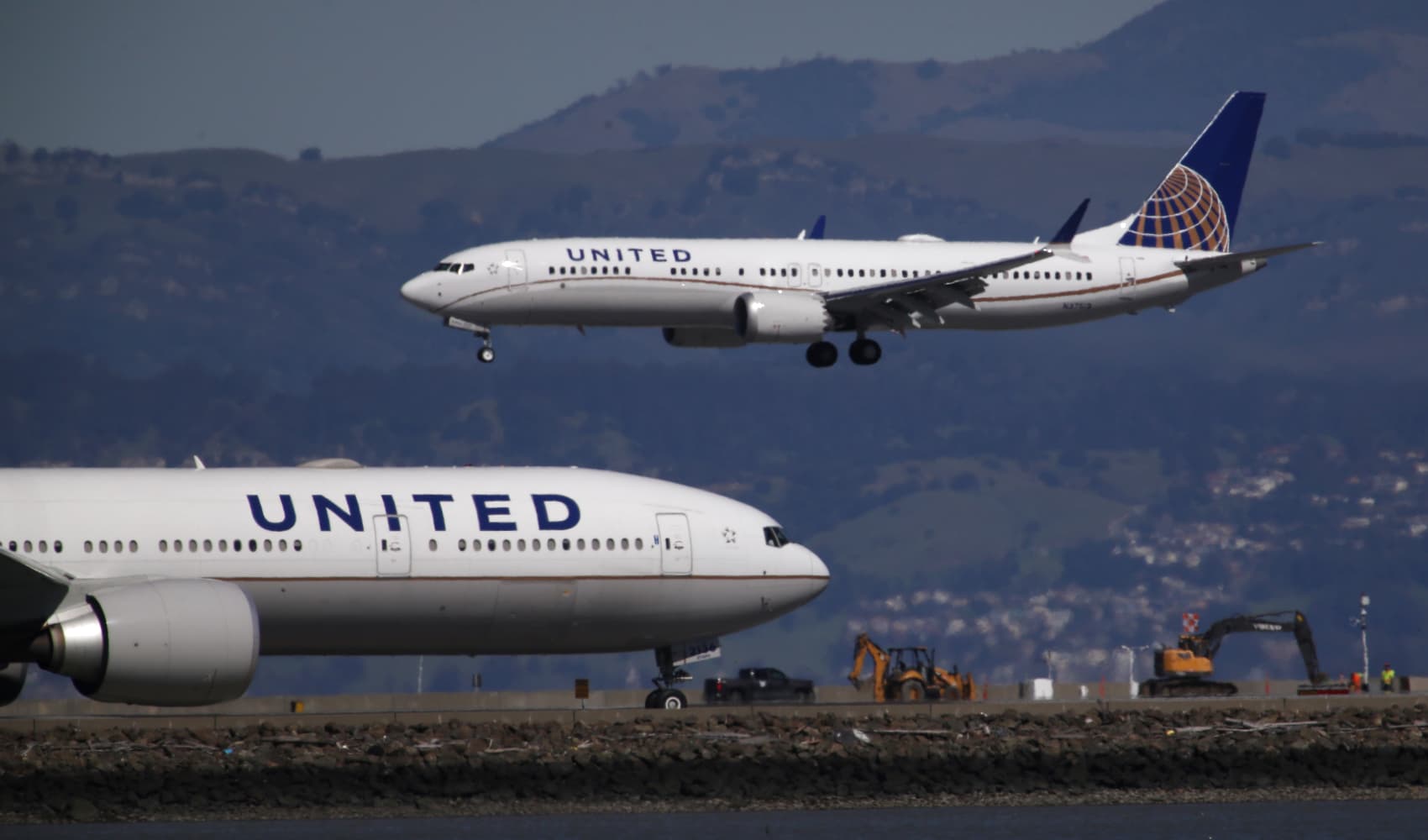The legalization of marijuana is no longer the unthinkable.
On a state level, in California, for instance, it could be a reality later this year.
Some 56 percent of people polled there already support the regulation and taxation of marijuana, ahead of a November public referendum to do just that.
Medical marijuana is now legal in California and 13 other states, while more are considering it. The drug has been decriminalized in 13 states, and in Denver voters opted to legalize a small amount for personal consumption for those over 21 years old, even though Colorado law says otherwise.
All of this is creating a legal thicket involving jurisdictional authority because on a federal level, marijuana is not legal in any way, shape or form.
As the legal debate grows louder, so do other ones about what is already one of the nation's biggest cash crops.
Take economics. In an age of national, state and local budget crises and a war on terror—so goes the argument of legalization advocates—why not spend the enforcement dollars on other things and new tax dollars from pot on the same old things we struggle to afford?
U.S. & World
Because of possible health effects and the "gateway" consequences, critics answer.
That's one side of the health debate. The other, simply put, is that no one has ever died from marijuana use. And then there are the debates over whether society's interests are better protected with regulated use and if the war on drugs is a success or failure.
Money, Ideology, Policy
Slowly over the past four decades, the drug has worked its way into the nation's social fabric. Baby boomers and counter-culture types of the past are now leaders, movers and shakers, who want to see marijuana over the counter.
"Marijuana is moving toward legalization for economic reasons. It is a major economic force and will be legalized no matter what we think about it," says Dr. David E. Smith.
Smith, who now opposes legalization, is no idle observer. He's a five-decade veteran of the drug treatment field, who founded the Haight-Ashbury Free Clinics of San Francisco in 1967 and is a reformed alcohol and pot user. (Read his full commentary)
He has ample—as well as authoritative and convincing—company, including academics, law enforcers, and politicians who not only expect legalization to happen, but also unequivocally enforce it.
The average American, however, isn't there yet.
A new AP poll commissioned by CNBC shows 55 percent oppose complete legalization, while 33 percent support it.
Medical marijuana is another story. Sixty percent of the 1,001 people surveyed by telephone in the early April poll support the legalization of small amounts for such a purpose. About half that amount, 28 percent, oppose the idea.
Our Special Report
CNBC's "Marijuana & Money" explores the concept of legalization in largely an economic context, which is why you'll find ample representation of critics and opponents—both in and out of government—who say marijuana remains the "gateway drug," and the cost-benefit analysis of legalization has been greatly simplified.
Joel W. Gray, professor of pharmaceutical economics and policy at the University of Southern California, for instance, is highly critical of any economic savings, saying that for every dollar of tax revenue generated, the government would spend $10 in "societal costs" through treatment programs, reduced workplace productivity, lower testing scores, absenteeism in schools, accidents caused by clouded judgment and other aggravating circumstances.
"Marijuana & Money " explores virtually every angle and aspect of the marijuana debate, from the economics of taxation and law enforcement; the likely business models of production and consumption; the lobbying effort and public health debate; professional and workplace issues; and, of course, the rapidly evolving world of legalized medical marijuana. Much of this you can track through individual state pages and a state-by-state tables.
In some three dozen articles, videos and slideshows—and another dozen, diverse commentaries(pro, con and neutral) from major players and thought leaders in the arenas of politics and government, law, medicine, sociology, religion and entertainment— "Marijuana & Money" catches a country in clear transition and a debate in high gear.
Marijuana is something many Americans know about—to one degree or another. (By one government estimate, 10.1 percent of the population admitted to using marijuana in 2007). It's part of American history, culture and our economy.
This article is part of a series originally published on CNBC.com



